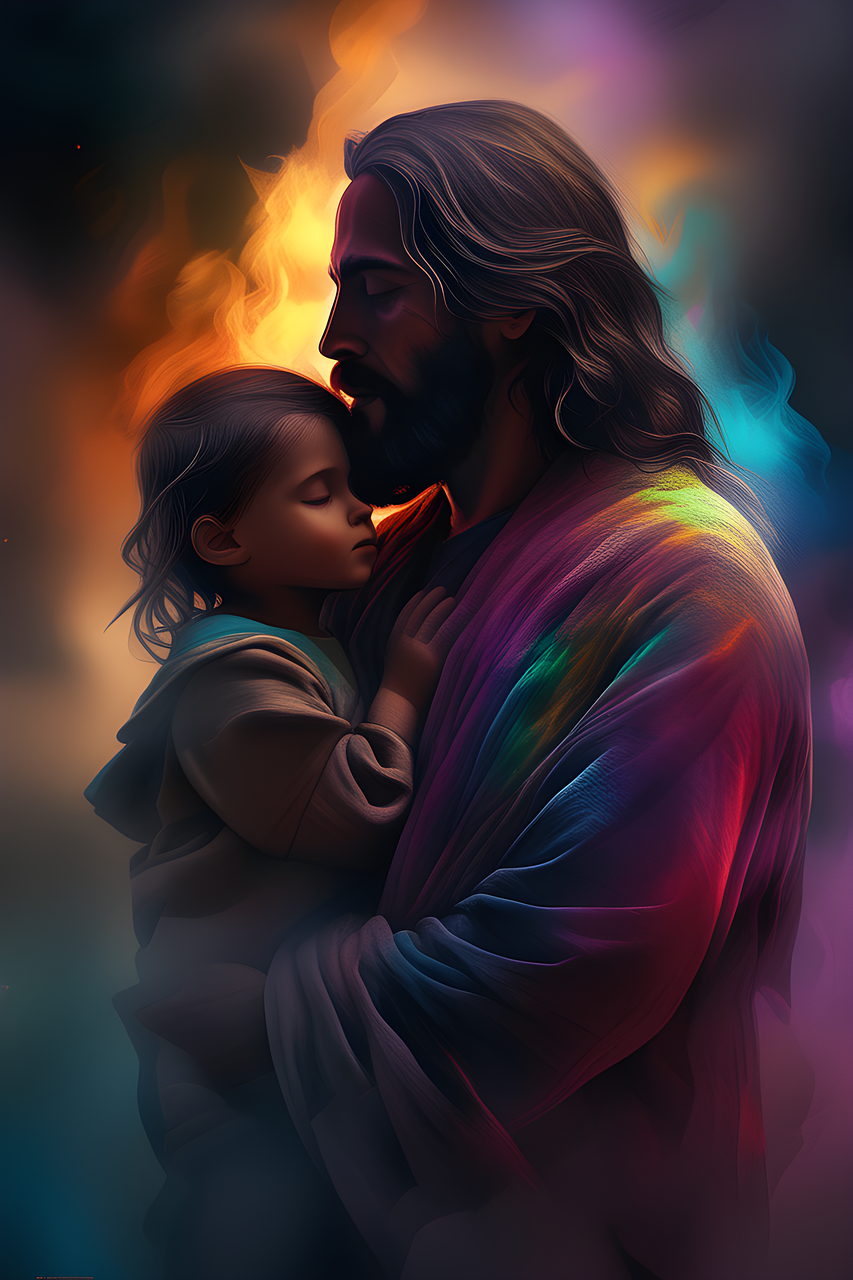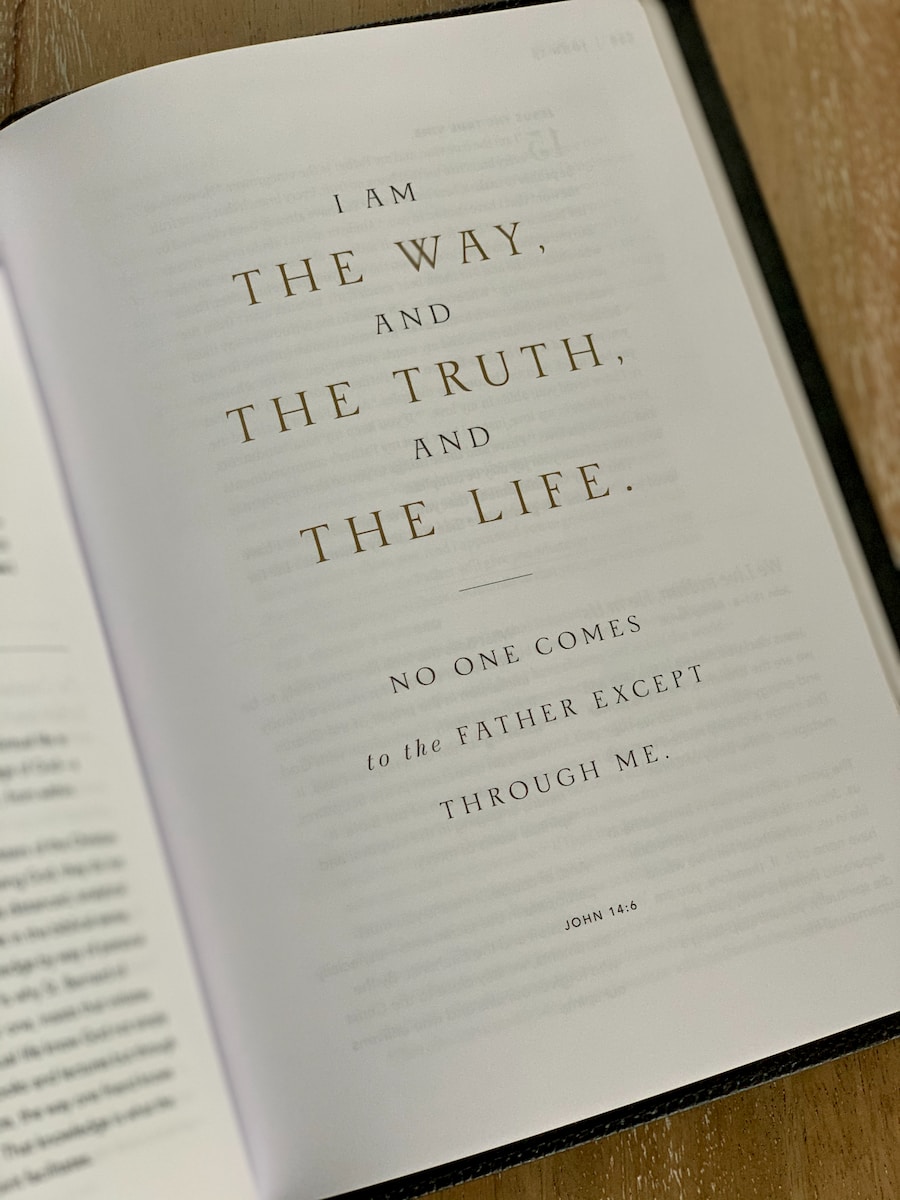Genesis 45 is a pivotal chapter in the book of Genesis, where we witness a powerful and emotional reunion between Joseph and his brothers. To understand the connection to Jesus as the Messiah, we need to dive into the story.
In Genesis 45, Joseph, who was sold into slavery by his own brothers, reveals his true identity to them. He had risen to a position of power in Egypt, second only to Pharaoh, thanks to God’s guidance and favor. This revelation shocks his brothers, who are filled with remorse and fear for their actions.
Joseph, however, responds with incredible compassion and forgiveness. He tells his brothers not to feel guilty or angry with themselves, for it was God’s plan all along. Joseph recognizes the bigger purpose behind his life’s journey. He explains that he was sent ahead of them by God to preserve their family during a severe famine.
This act of forgiveness and reconciliation is a foreshadowing of Jesus’ role as the Messiah. In the New Testament, Jesus is described as the embodiment of divine love and forgiveness. Just as Joseph forgives his brothers for their betrayal, Jesus extends his forgiveness and grace to all humanity.
Furthermore, the story of Joseph serves as a type or symbol of Jesus. Joseph was betrayed by his brothers, just as Jesus was betrayed by one of his disciples, Judas Iscariot. Both Joseph and Jesus endured suffering and humiliation before ultimately being exalted to positions of authority.
When Joseph reveals his identity, he brings his family out of a place of darkness and into a place of abundance and blessing. Similarly, Jesus, as the Messiah, offers humanity salvation and deliverance from sin and death. He invites us to leave the darkness of our brokenness and enter into the light of God’s grace and redemption.
Additionally, in Genesis 45, Joseph reassures his brothers that there are still five more years of famine and instructs them to bring their father, Jacob, and their families to Egypt. Joseph promises to provide for them during this difficult time.
This foreshadows Jesus’ role as the provider and sustainer of his people. In the New Testament, Jesus often uses food and drink as symbols of his spiritual provision. He miraculously fed thousands with a few loaves and fish, and he refers to himself as the bread of life, offering eternal sustenance to all who believe in him.
Moreover, the importance of reconciliation in Genesis 45 also points to Jesus’ mission as the Messiah. Jesus came to reconcile humanity with God, bridging the gap that sin had created. Through his life, death, and resurrection, he made a way for us to be restored into a right relationship with the Father.
In the ultimate act of forgiveness and reconciliation, Jesus bore the weight of our sins on the cross, granting us the opportunity to be reconciled with God. Just as Joseph embraced his brothers and wept with joy, Jesus embraces all who come to him, regardless of their past mistakes or failures, offering forgiveness, restoration, and eternal life.
Genesis 45 not only showcases a heartwarming reunion between Joseph and his brothers but also provides a glimpse of the Messianic link to Jesus. Through Joseph’s forgiveness, provision, and reconciliation, we see a reflection of Jesus’ love, grace, and ultimate sacrifice. It reminds us of the incredible depth of God’s plan for our lives, and the power of forgiveness and reconciliation in transforming our relationships and our world.
#Genesis45 #MessianicJesus #forgiveness #reconciliation #redemption #divinelove #foreshadowing #Jesus’Messiahrole #sufferingandexaltation #lightanddarkness #salvation #divineprovision #eternalsustenance #Jesus’provision #bridgingthegap #relationshipwithGod #ultimateforgiveness #eternallife #God’splan #transforminglove #grace #Messiah’smission #Josephandhisbrothers



